African Mopani Jumbo Unique Driftwood
$94.00
- Reviews (0)
- Description
- The Discus.com Gold Seal
- Discus Care
- Shipping Information
- Have a question about this product?
Be the first to review “African Mopani Jumbo Unique Driftwood”
You must be logged in to post a review.
These Jumbo African Mopani Driftwood reach up to pieces of 30 inches! With unique shapes and sizes these are ideal for aquariums 50 gallons and larger. All of our wood varieties will sink instantly. All natural wood will leech out tannins, similar to the teabag effect. As a display tank you most likely won’t want the tannin to be visible. After time they will be less obvious as the color changes and the wood will leech out. Boyd’s Chemi Pure Elite or API ChemiZorb will help to remove the tan/brown color from the water. The pouches can simply be put in your filter or hidden under rocks or wood. Products such as API Stress-Zyme Plus will help culture or “marinate” your wood. Having beneficial bacteria is very essential for a successful aquarium! Having some aquarium salt content will curb any fungus growth. Using Olive Nerite Snails will also help to eat the garbage that will want to grow on the wood. Rather than replacing your wood why not let the snails clean it for you?
A beautiful, two-color African hardwood for aquariums or terrariums.
Mopani is a heavy 2-toned African hardwood which sinks in water
A beautiful two color African hardwood. Mopani is one of the hardest and most dense wood types available, and is suitable in just about any type of environment. A common choice for aquarium enthusiasts for the wood’s ability to sink in water, and hold up indefinitely. Suitable for enclosures ranging from aquatic to desert.
Smooth surface, textured detail, and unique mottled color adds interest and enrichment to habitats.
Use with plants to create the “naturalistic” look.
One of the hardest and densest woods available; sinks immediately in aquariums and unlike driftwood, will not rot!
All natural wood leaches tannins, which discolor water and reduce pH levels. To minimize this effect, soak wood in a separate container, and change water daily to remove excess tannins. The wood will be ready when the water color goes from dark brown to a very light.
Adding extra carbon to your aquarium filter can help remove any remaining discoloration.
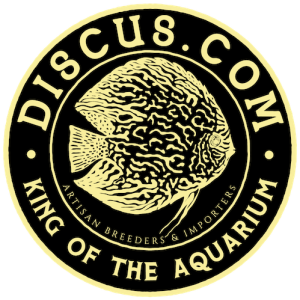 |
Every fish we sell bears our gold seal that represents the Discus.com promise to our customers. When you make a purchase with us, you are entrusting our team with shipping you a collector grade specimen of unparalleled quality, beauty, size, and heft based on our judgement accrued over 25 years of experience. We guarantee the fish you receive will match the exact fish represented in our product photos. We are the gold standard of discus. Note: our discus are always measured from tip of nose to end of tail. |
| Category | Rating |
|---|---|
| Care Level: | Moderate, see our Learning Center for comprehensive care. |
| Temperament: | Peaceful |
| Color Form: | Huge variety available |
| Lifespan: | 15-25 Years |
| Adult Size: | 8-12 inches |
| Diet: | Omnivorous |
| Family: | Cichlidae |
| Minimum Tank Size: | 50 gallons |
| Tank Set-Up: | Bare-bottom, or Intermediate |
| Compatibility: | Often compatible |
Natural Habitat for Discus
Discus are found in floodplain lakes and flooded forests of the lowland Amazon River basin and some of its tributaries, including the Rio Negro. These areas experience extreme changes in water level due to seasonal flooding. Discus tend to congregate near fallen trees, known as “galhadas”, along the shore. They prefer quiet water, and are rarely found in areas where there is strong current or wave action.
Discus Water Requirements
Discus prefer warm, soft, acidic water. pH should be between 6.0 and 7.0, with hardness between 1° and 4° dKH (18 to 70 ppm). Temperature should be kept between 82° and 89° F. Water conditions for both wild and hybrid discus are the same. While captive bred discus can be kept in dechlorinated tap water reverse osmosis or deionized water supplemented will ensure the the best conditions. Discus require pristine water quality, and depending on the filtration system being used, a weekly or bi-weekly water change of 10% to 25% is highly recommended. Don’t forget to treat tap water with conditioner before refilling your aquarium!
Housing Requirements for Discus
Discus grow to be quite large, and full sized discus will require an aquarium of 50 gallons or larger when they reach adult size. Tall aquariums are best, to accommodate their body shape. Current should be gentle, and décor if used at all should include large broadleaf plants and driftwood that is arranged vertically to simulate downed branches and trees. A few floating plants can also be added to provide shaded areas and cover. Substrate should be fine to medium grade and smooth surfaced, as discus like to forage along the bottom for food.
Discus Behavior/Compatibility
Discus are generally calm, peaceful fish, but as cichlids they can be aggressive toward one another, especially when attempting to pair off and spawn. Shy or submissive fish should be removed if they are unable to compete. Most serious hobbyists do not mix their discus with too many other species. However, suitable aquarium mates include cardinal tetras, neons, emperor and rummy nose tetras, as well as clown loaches and dwarf cichlids such as rams and Apistogramma species. All of these fish tolerate the high temperatures and low pH/hardness required by discus.
What do Discus Eat?
In nature discus eat a considerable amount of plant material and detritus, but also forage along the bottom looking for worms and small crustaceans. They are omnivores and will thrive on freeze dried black worms, beefheart, frozen blood worms, and a variety of pellet and flake food. Frozen and live foods may be fed as treats or to help induce spawning. For best results, rotate their diet daily and feed only what they can consume in 2 to 3 minutes, once or twice a day.
Discus Breeding Level – Difficult
Captive bred discus will pair up and spawn relatively easily, but young, inexperienced parents may eat their eggs the first few times, particularly if other fish are present. After hatching the young feed on heavy body mucus secreted by the parents for a few days until they begin to free-swim. Parents will transfer the young back and forth several times a day.
|
Q: How are your stated fish measurements conducted? A: All measurements are made from tip of nose to end of tail. Photographs are representative of the strain or variety, and not the exact specimens that will be shipped. Q: How do I make a purchase? A: Every discus you see on our website is available for immediate purchase and ready to be shipped to you. Click the “Add to Cart” button on your desired products, adjust your quantities, and follow the checkout instructions. We honor all special requests. Please allow a 2-day minimum handling period for discus. Shipping Tiers for Live Tropical Fish:
Blackworms: Free USPS Postal Shipping Plants: $10 FedEx Priority Shipping, Minimum Order: $15 International Buyers Please Note: Import duties, taxes and charges are not included in the item price or shipping charges. These charges are the buyer’s responsibility. Please check with your country’s customs office to determine what these additional costs will be prior to purchasing. |
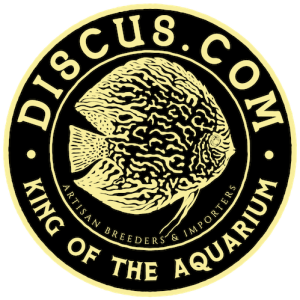 |

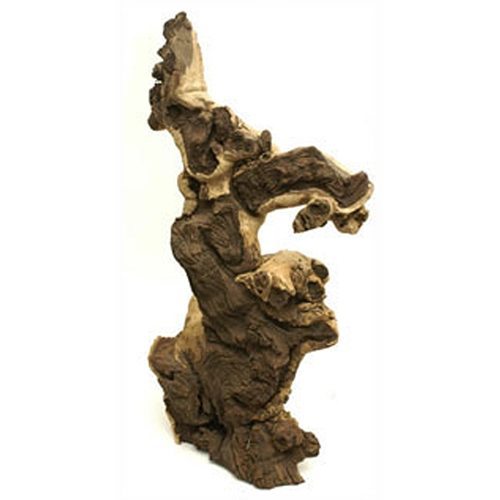
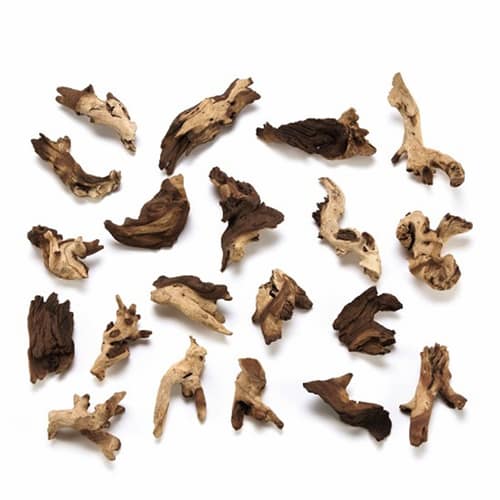
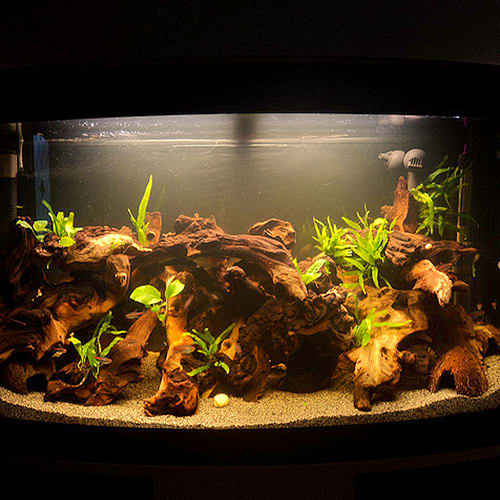
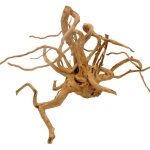
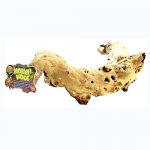
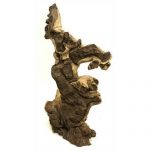
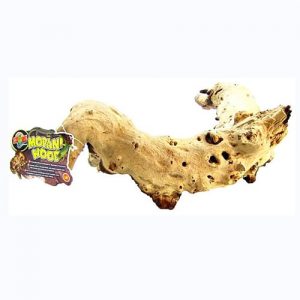
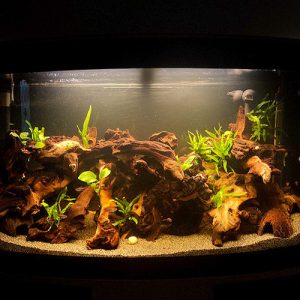
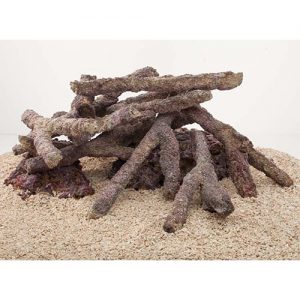
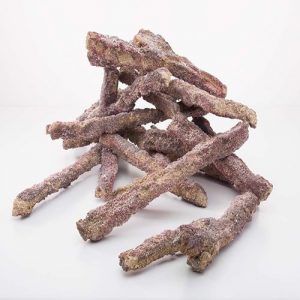
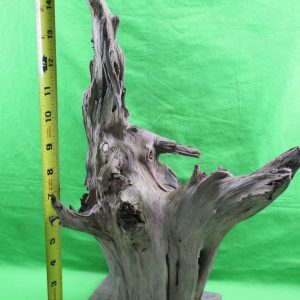
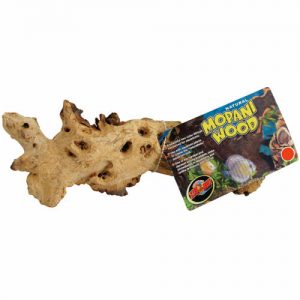
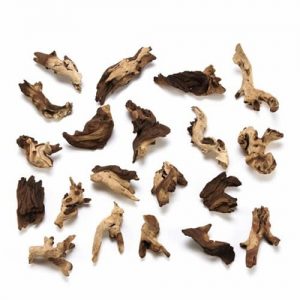
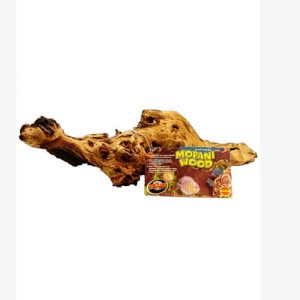
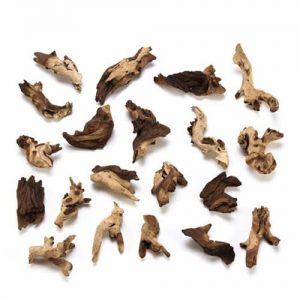
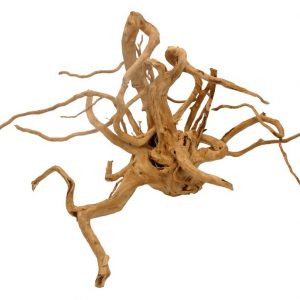
Reviews
There are no reviews yet.